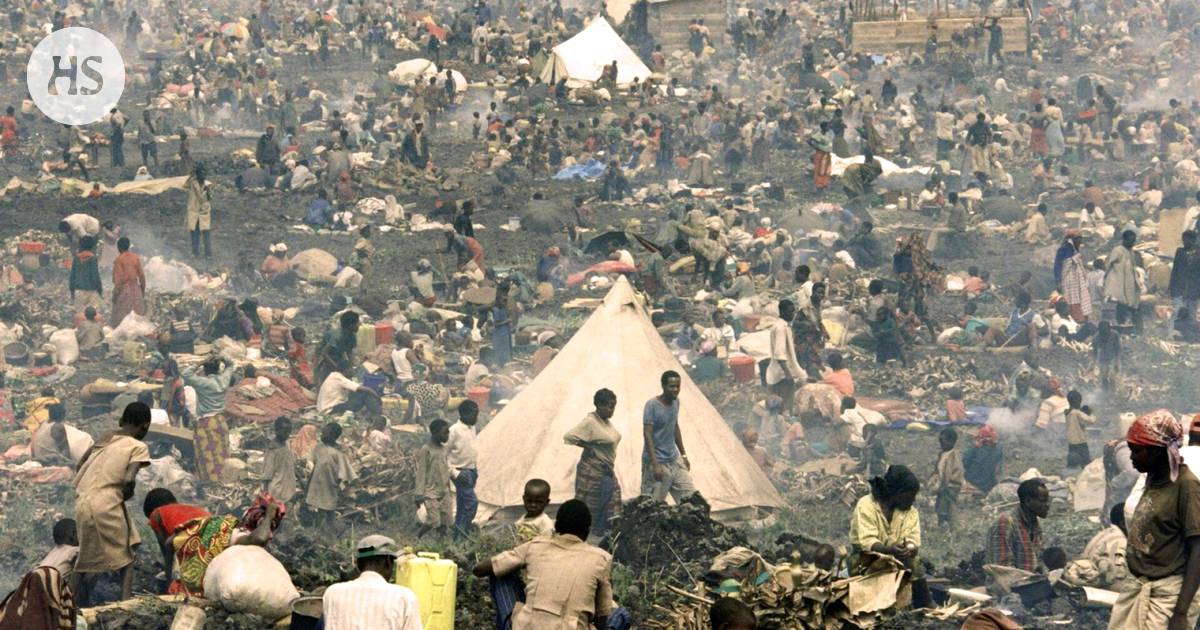Rwanda is marking the 30th anniversary of the genocide that claimed the lives of at least 800,000 people, mainly Tutsis. The country has been grappling with the aftermath of this tragic event, which lasted for about a hundred days and was fueled by hate speech.
The current President, Paul Kagame, has been actively involved in commemorating the genocide, participating in memorial events and maintaining a week-long period of mourning. Despite this effort to remember the past, two-thirds of Rwanda’s population was born after the genocide. However, the memory still lives on in the hearts of those who experienced it firsthand or inherited it from their families.
Rwanda has made significant strides in moving forward from the genocide. For instance, instead of marking ethnic background on identity cards, the country has focused on promoting unity and reconciliation among its diverse population. Additionally, Rwanda has held reconciliation processes for perpetrators to help them take responsibility for their actions and rebuild their lives.
While Rwanda is considered a success story in terms of its economy, there are still challenges to be addressed in terms of human rights and democracy. There have been allegations that the administration has been arming Tutsi forces in neighboring countries. Furthermore, while some perpetrators have been brought to justice, many more are still at large and need to be held accountable for their actions during the genocide.
In conclusion, Rwanda continues to grapple with the legacy of the genocide as it works towards reconciliation and progress. While significant strides have been made in economic development and efforts towards reconciliation, there are ongoing concerns about human rights and democracy that need to be addressed before we can truly say that Rwanda has fully moved on from its dark past.


